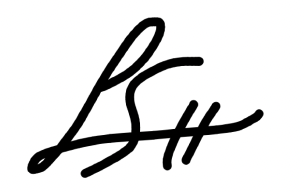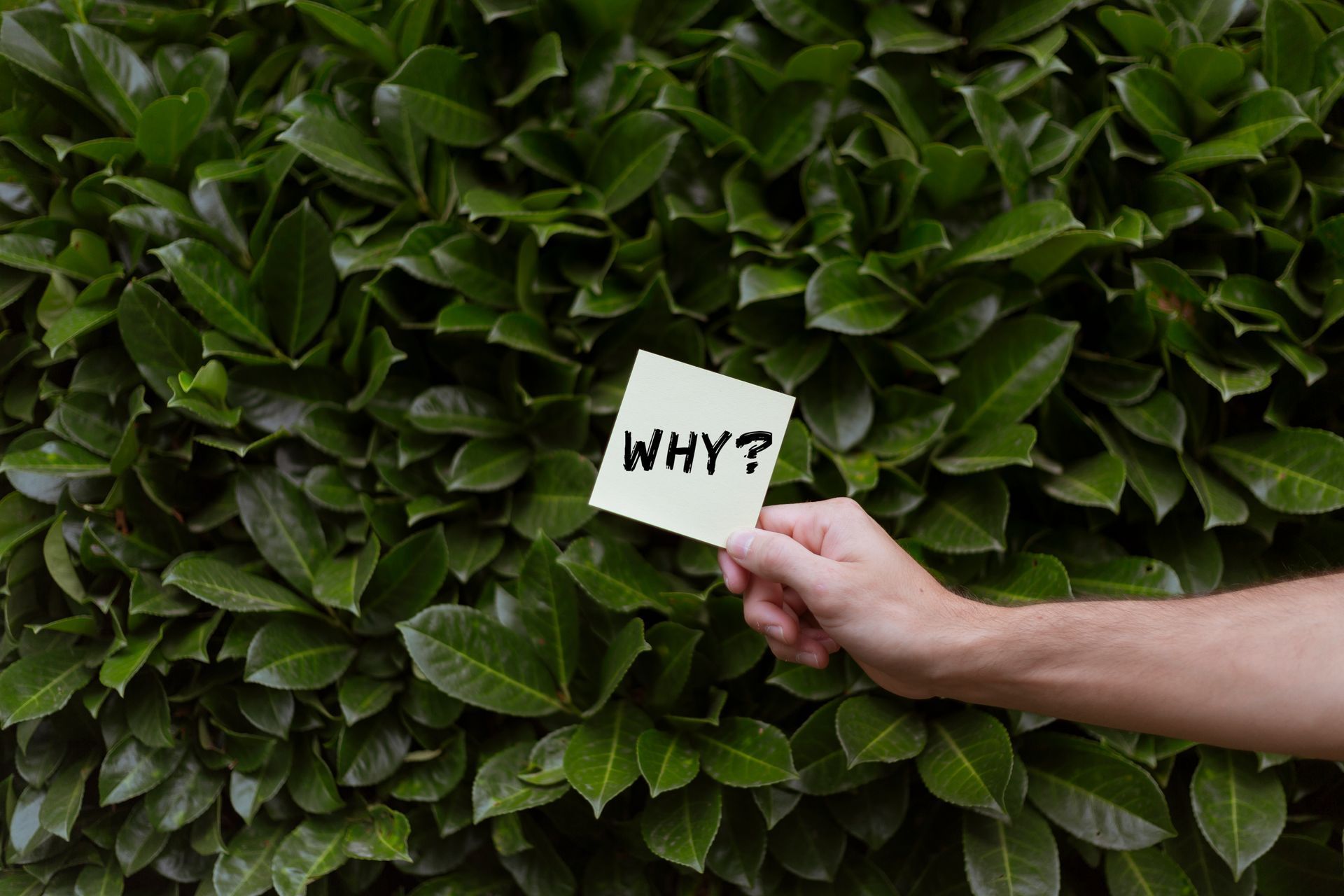Shouldn't it be easy to know yourself?
Dear U, I hope this letter Finds U well...
I agree, it should. But, unfortunately, it is not. I mean, we all somewhat know ourselves, and are going more or less in the direction we want. But sometimes we are like driving in a car sitting on the roof, and depending on your lifestyle, you might feel like you are on the wing of a plane! You might get there, but is it comfortable?
You can only be aligned with yourself if you know who you are. It sounds like it should be obvious… but in reality, it is not an easy job! Why is that? Knowing oneself can be challenging for several reasons.
First, there is human nature:
- Complexity of our nature: we are intricate creatures with a multitude of thoughts, emotions, and experiences. Our personalities, beliefs, values, and desires are influenced by a wide range of factors, including genetics, upbringing, culture, and environment. Understanding and unraveling this complexity requires deep introspection and self-reflection.
- Constant change and growth: to make it more complicated, we are not static entities. You might feel like you knew everything about yourself, and then something happens, and you are surprised by your own choices, behavior, and abilities. This is normal and is what allows us to evolve and grow! Which means we have a constant challenge of getting acquainted with ourselves again and again, while deciding how we want to let our experiences, relationships, and encounters to affect and shape us.
Then, there are the inputs we constantly receive from our surroundings:
- Subjectivity and bias: It is not always easy to distinguish the voices in our heads, and separate our self-perception from the expectations and judgments of others, societal norms, and personal biases. These biases and subjective perspectives that can cloud our judgment and hinder our ability to see ourselves objectively.
- A world that makes introspection harder: The demands of work, relationships, and daily responsibilities can leave little room for self-reflection. Exposure to constant stimulus affects our functioning, making it even more difficult to create space for our internal world. We need to be more conscious of our interactions with technologies and flows of information, in order to create space for our own voice.
Lastly, there are our internal barriers:
- Unconscious patterns and blind spots: We all have unconscious patterns, habits, and biases that influence our thoughts, emotions, and behaviors. These patterns can be deeply ingrained and challenging to recognize without external feedback or professional guidance. Exploring these blind spots requires a willingness to delve into uncomfortable territory and seek feedback from others.
- Fear and resistance: Self-discovery can be an uncomfortable process. It often requires confronting our fears, insecurities, and past traumas. Many people may consciously or unconsciously resist delving into these deeper layers of self-awareness to avoid pain, discomfort, or the need to make difficult changes in their lives.
Despite these challenges, there is no doubt that it makes sense to be the ones driving our own lives instead of sitting on the airplane wing and following someone else’s direction.
There are many tools to help you get to the door, open it, and finally get inside. Journaling, mindfulness practices, meditation, therapy, coaching, and seeking feedback from trusted individuals can all be helpful tools in this journey of self-discovery.
But remember, you already have the answers within, and no one should tell you otherwise. The key is in your pocket; just reach out for it.







